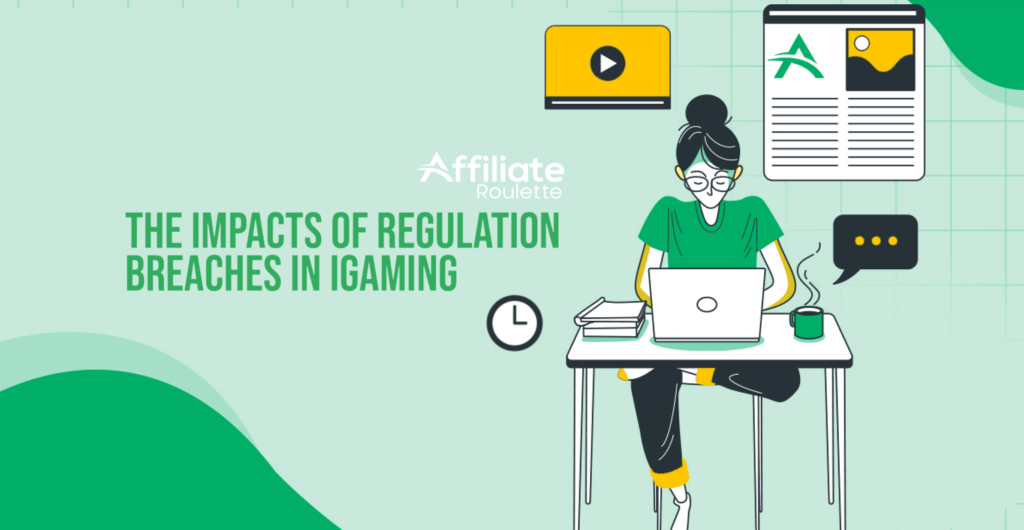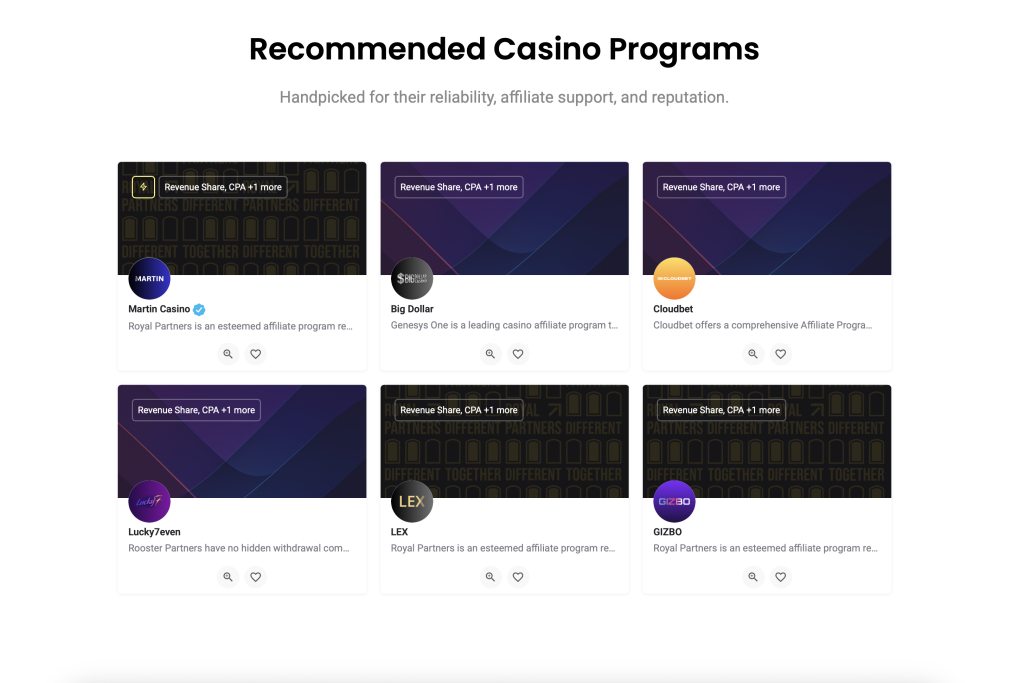Why Compliance Matters: The Impacts of Regulation Breaches in iGaming

The iGaming industry is subject to a complex web of regulations that ensure fairness, security, and responsible behavior. Compliance with these regulations is not just a legal requirement—it’s a fundamental commitment to player protection and industry integrity. This article explores the profound impacts of regulation breaches in iGaming, highlighting the far-reaching consequences that underscore the significance of adherence to regulatory standards.
The Backbone of Integrity
Regulatory frameworks are the bedrock upon which the iGaming industry thrives. Designed to safeguard players and maintain fairness, these regulations establish a code of conduct that operators must follow to ensure a transparent and responsible gaming environment.
Financial Penalties
One of the most immediate and tangible consequences of regulatory breaches is financial penalties. Regulatory bodies impose fines that can range from substantial sums to a percentage of annual revenue, serving as a deterrent against non-compliance.
Reputational Damage
A tarnished reputation is a lasting scar. A breach of regulations can result in negative media coverage, public outcry, and a loss of player trust. Rebuilding a damaged reputation is an arduous process that often requires years of effort.
Player Protection at Risk
Regulations are put in place to protect players from potential harm. Breaches jeopardize player safety, whether through inadequate security measures, misleading advertising, or unfair game practices.
License Revocation
Regulatory bodies have the authority to suspend or revoke licenses of operators found in breach of regulations. Losing a license means being effectively barred from conducting iGaming activities, resulting in a catastrophic business setback.
Legal Consequences
Regulatory breaches can lead to legal battles that drain financial resources and divert attention from core operations. Legal actions might arise from both regulatory bodies and affected players seeking restitution.
Industry Exclusion
Regulation breaches can lead to industry exclusion. Peers and partners might distance themselves from a brand with a history of non-compliance, limiting business opportunities and partnerships.
Impact on Innovation
Innovative features often drive the iGaming industry forward. Regulation breaches can stifle innovation as operators prioritize compliance to avoid penalties, diverting resources from creative endeavors.
Increased Scrutiny
After a breach, regulatory bodies and industry watchdogs may intensify their scrutiny of the operator’s activities. This heightened oversight further affects the operator’s operations and reputation.
Strained Customer Relationships
The trust between players and operators is vital. Regulation breaches erode this trust, straining relationships with existing customers and making it challenging to attract new players.
Long-Term Consequences
The impacts of regulatory breaches are not short-lived. They can haunt a brand for years, affecting financial stability, growth prospects, and overall market standing.
The Road to Redemption
While the consequences of non-compliance are severe, the path to redemption is possible. Swift corrective actions, transparent communication, and a demonstrated commitment to regulatory adherence can aid in rebuilding trust and reputation.
Regulatory compliance is not a choice; it’s a necessity that upholds the integrity of the iGaming industry. The impacts of regulation breaches ripple across financial, operational, and reputational realms. By prioritizing compliance, operators not only avoid dire consequences but also contribute to a trustworthy and sustainable gaming landscape—one that places player protection, fairness, and responsible conduct at the forefront.
Comments
You must be logged in to leave a review.


